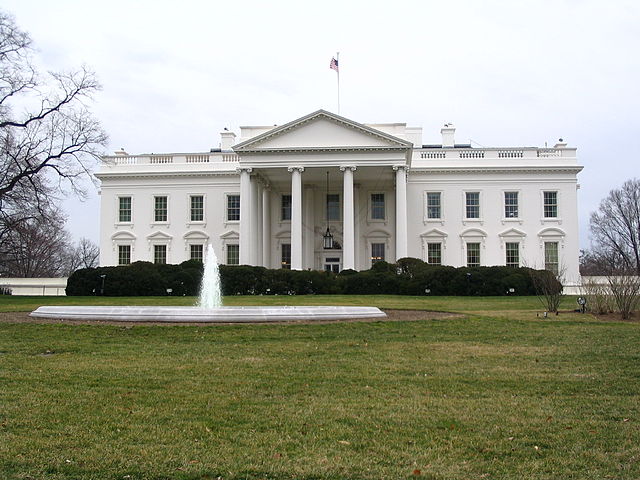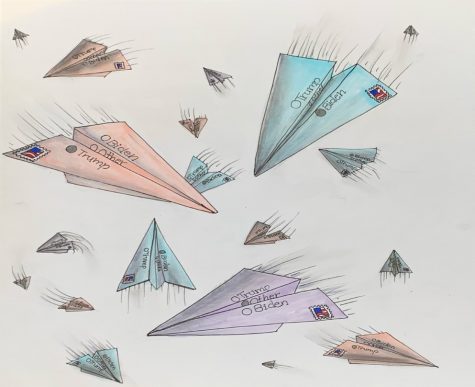Cold War: A Sequel?
November 3, 2018
Through President Putin’s aggressive foreign policy, Russia has become involved in a number of confrontations, ranging from hot wars in the Middle East and Ukraine to Cold War-style conflicts with NATO members. In Syria, Russia has taken the side of tyrannical President Bashar al-Assad against Western-backed rebels through the provisions of essential economic and military aid to Assad’s government as well the sending of Russian regular and irregular military forces to the region. Russian involvement in the conflict is not popular, as the Chicago Council on Global Affairs reports, domestically, 49% of Russians oppose their government’s deployment of troops in contrast to the 27% who support it in order to maintain the Assad Regime. Such deployment of Russian forces and the potential for increased American involvement in the Near-East heightens the chances of a clash between the two powers. Currently, the situation in Syria is nearing a proxy war scenario. If a large contingent of American troops were deployed to Syria, it would encourage Russian nationalists and President Putin to counter this deployment with greater military aggression.
The Trump administration faces a number of obstacles: an ongoing FBI investigation, resistance within the President’s inner circle, as well as persistent low approval ratings. A diversion by way of an overseas crisis could benefit the administration particularly going into the midterms. The current administration has already used diversionary tactics multiple times, albeit in a clumsy manner. President Trump frequently provokes disputes with world leaders, politicians from both sides of the aisle, and left-wing groups as a distraction from what is happening within the White House. For example, when the administration came under fire for secret meetings with Russian officials in Trump Tower, President Trump fired back with unfounded accusations of wiretapping committed by President Obama. These attacks, as well as the occasional drone strike or terrorist raid here and there, have provided him with at least temporary boosts in popularity. There is a significant risk that Trump may use the military option to gain bipartisan support or boost the Republicans chances in the midterms.
In conclusion, Americans are faced with the risk of President Putin taking advantage of an administration distracted by internal affairs to move even more aggressively in the international realm. In a scenario where President Trump feels more threatened by a future tight re-election or impeachment proceedings, he may take a more aggressive stance on Russian expansionism to distract from his own difficulties. Either situation could lead to the deployment of American and Russian forces in unstable areas with unpredictable results. Faced with a challenge to his office, President Trump may view major military action as a legitimate option despite the potential consequences.









